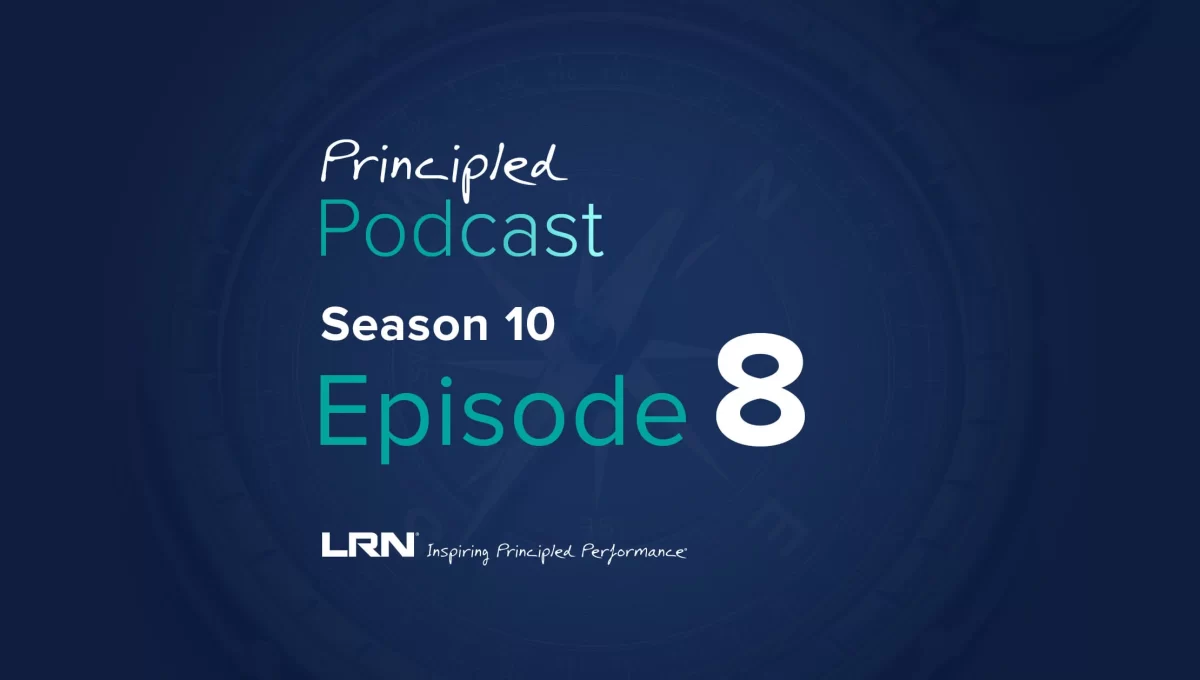The Republic of Texas holds a unique place in American history as a short-lived independent nation. In this special four-part blog post series, I will be diving into the intriguing world of the presidents of the Republic of Texas, shedding light on their leadership styles, political tensions, and the challenges they faced. This blog post focuses on the first Presidential term of Sam Houston.
Despite facing numerous challenges, including dire public finances and domestic issues, Houston made bold decisions that aimed to make the Republic of Texas an attractive annexation target. One of his key moves was abolishing the navy and army, which helped to reduce expenses and signal to potential backers that Texas was a safe bet. Houston also pursued peace treaties with indigenous peoples, such as the Cherokees, to maintain stability and foster positive relations.
One of the most intriguing aspects of Houston’s strategic efforts was his exploration of alliances with foreign powers, particularly Great Britain. He recognized that the expansion of slavery was a critical issue in American politics at the time. Abolitionists wanted to contain slavery, while proponents of slavery sought to ensure a market for enslaved people. Houston saw an opportunity to curry favor with the British by suggesting the cessation of slave importation to Texas. This move aimed to appeal to the leading abolitionist nation and make Texas more attractive for annexation.
Houston’s strategic approach, however, was not without its tradeoffs and challenges. While he may have gained the support of southerners who favored annexation, he faced opposition from abolitionists who wanted Texas to be a free state. Balancing these conflicting interests was no easy task. Houston’s efforts to appease the British and secure their support for annexation were met with skepticism. Nevertheless, he did everything humanly possible to set the Republic of Texas up as an attractive annexation target.
His first term from 1836 to 1838 offers several valuable leadership lessons:
- Strategic Leadership: Houston was a strategic thinker who recognized the long-term implications of his decisions. He understood the importance of gaining international recognition for Texas, and he worked diligently to secure it. Effective business and compliance should have a strategic mindset, thinking beyond short-term gains to achieve long-term goals.
- Diplomacy and Negotiation: Houston’s ability to negotiate with Native American tribes and secure peace treaties helped stabilize the region. His diplomatic skills highlight the importance of negotiation and conflict resolution in compliance leadership.
- Vision and Persistence: Houston was a visionary leader who advocated for Texas to become a part of the United States eventually. He pursued this vision despite initial setbacks, demonstrating that leaders often need to persevere in facing challenges to achieve their goals.
- Adaptability: Houston’s leadership spanned both military and political roles, and he adapted to the changing circumstances of Texas. CCOs and compliance leaders should be flexible and able to adjust their approach as circumstances evolve.
- Charisma and Influence: Houston possessed charm and the ability to inspire and motivate people. His ability to rally support for the Texas cause, domestically and internationally, underscores the importance of charisma and influence in compliance leadership. In many ways, influence is the key skill for CCOs to develop.
- Resilience and Bouncing Back: After serving as the president during his first term, Houston faced political difficulties and personal challenges. This demonstrates the importance of strength and the ability to bounce back from setbacks. Once again, resilience is a critical compliance professional skill.
- Empathy and Inclusiveness: Houston worked to promote inclusiveness and build bridges between different cultural and ethnic groups in Texas. His efforts to establish positive relationships with Native American tribes reflect the importance of empathy and inclusiveness in leadership.
- Strategic Alliances: Houston recognized the value of forming strategic alliances with individuals and nations that could support Texas. CCOs and compliance professionals must be adept at forming alliances and partnerships to help achieve their goals.
Houston’s leadership during his first term as president of the Republic of Texas offers a rich source of leadership lessons, including strategic thinking, diplomacy, adaptability, and the importance of resilience and charisma. These lessons remain relevant for leaders in various contexts today.
Despite his strategic efforts, Houston could not run for re-election because of term limits on the presidency. This limitation was a setback for the Republic of Texas, as Houston had proven himself to be a skilled leader who navigated complex political landscapes and overcame significant obstacles.
In conclusion, Sam Houston’s vision for Texas as an expansion of the United States marked his strategic efforts for Texas annexation from 1836 to 1838. He made bold decisions, such as abolishing the navy and army, pursuing peace treaties with indigenous peoples, and exploring alliances with foreign powers like Great Britain. Houston’s strategic approach aimed to make the Republic of Texas an attractive annexation target despite the challenges and tradeoffs involved. Even though term limits prevented him from serving a full term, his work laid the foundation for subsequent leaders. It ultimately aided in the United States’ annexation of Texas.










